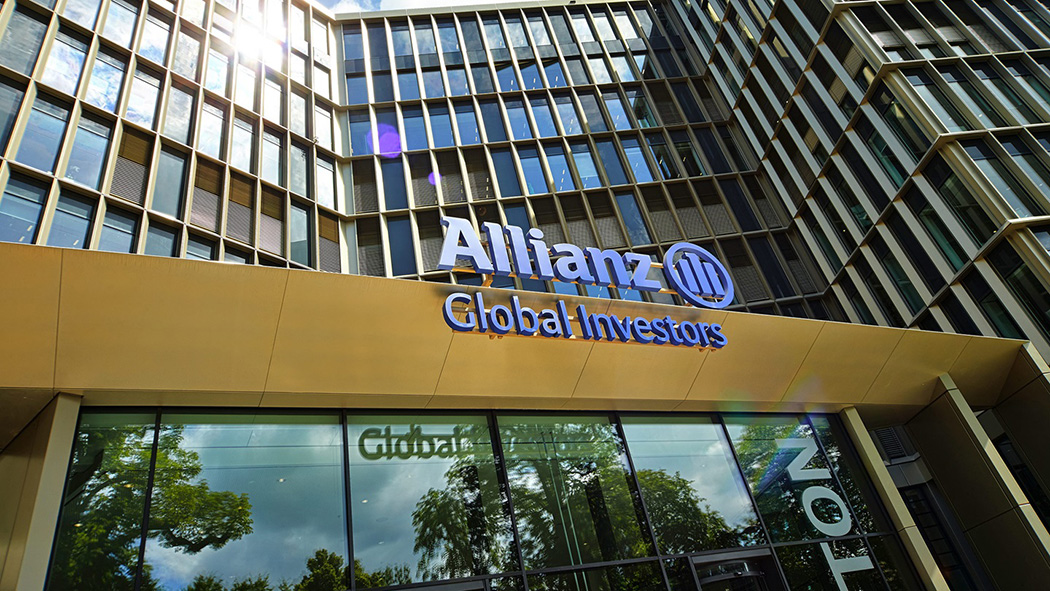The pace of global growth is slowing and the financial community is divided between those who believe that it is the beginning of a recession and those who do not. Regardless of where you stand, for Malie Conway CIO Global Fixed Income of Allianz GI, the strategy to follow for fixed income portfolios at this time of uncertainty is clear: improve the credit quality of the portfolio, avoid idiosyncratic risk and be positioned at the 3-7 year range within the curve.
“In an environment where there is little visibility on the global outlook, you want as much visibility in the portfolio as possible” states Conway.
Risk is not rewarded
Thus, Conway explains that, in a global scenario of economic slowdown, “highly leveraged companies will not do well. If we look at the risk reward and risk adjusted return in leveraged loans or CCC companies, we really see that they do not compensate. So we are underweight in highly leveraged companies. Our theme is to upgrade the credit quality of our portfolio.”
Conway also stresses the importance of avoiding idiosyncratic risk and for this reason highlights the importance of robust credit analysis that identifies which sectors and industries do well in an environment of economic slowdown.
Positioning in the curve
The second decision to be made is positioning within the credit curve that is currently flat. “In our view there is no inflation; inflationary pressures are cyclical not structural in nature, so that keeps the long-end quite low and this is why the curve has flattened over the last year. In the end, we believe the economic fundamentals will win – growth has peaked and inflation is under control. We do not see any reason for the long-end to sell off, “states Conway.
However, they do not believe that investors are compensated for lending to companies within the credit curve, so they consider the 3-7 year range (belly of the curve) as the most interesting since “you get good carry from credit and you get very good yield relative to the wings of the curve”.
Allianz GI team believes that the Fed has stopped increasing interest rates at the right time compared to those who believe that the Fed is too late and, therefore, expect a more gradual slowdown, with growth below trend but they do not see an economic recession for the time being.
“But even so, if we are wrong and rates go down, the 3-7 year will do well, not as well as long-dated bonds, but still do very well. And if you have the highest credit quality, you will suffer a bit of a sell off, but not as much as lower-rated bonds, “says Conway.
Credit market outlook
As for the recent evolution of the corporate bond market, Conway acknowledges that the credit market was very expensive during most of 2018, “at best it was fair value,” adds Conway.
“In fact, we have the lowest beta to credit risk in our portfolio since March 2009. We are pretty neutral with respect to the market, with quite significant relative value views.” Specifically, she mentions that she prefers US financials versus European, short-term BB assets versus long-term BBBs and emerging market sovereign debt against peripheral Europe. “We are trying not to take directional trades, but we are focusing on as much relative value trades as possible; we think that directionality and beta is not where the most added value will be in 2019” concludes the expert.
Interest in FRN assets
Conway supervises a fund that invests in FRN assets that after just one year of life has already accumulated $540 million assets under management. Moreover, Conway emphasizes that since the Fed put on hold the prospect of further interest rate rises, the fund has raised $150 million. In Conway’s view, this is due to the fact that there are investors who are de-risking their portfolios: “some investors are re-risking, but others are saying this is a window of opportunity”.
Thus, the manager explains that this fund is an excellent alternative to cash. From her point of view, if you are accumulating cash there are two options: “Either you buy money market funds at 2-2.5% which is good capital preservation or you invest in high yield or leveraged loans in which I think the market is over stretched and you are taking a lot of credit risk. Leveraged loans will yield 6-7% and this fund over time will yield 4% “, ” if you are not sure if there is going to be a recession, but are worried about the credit cycle, valuations and credit quality and do not want to give up too much yield, this is really a unique product, “concludes Conway.



